Small Business Financing: Understanding Merchant Cash Advances
by Sarah Helton
Lets Get Started
In the world of small business financing, there’s a myriad of options available, each with its own set of pros and cons. One such option that’s gaining popularity among small business owners is the merchant cash advance (MCA). But what exactly is a merchant cash advance, and is it the right choice for your business? Let’s delve into the details to uncover the ins and outs of MCAs.
What is a Merchant Cash Advance?
A merchant cash advance is a form of financing where a business receives a lump sum of cash upfront in exchange for a percentage of its future revenue. Unlike small business loans, MCAs are not based on credit scores or real estate collateral but rather on the strength of the business’s revenue.
How Does an MCA Work?
The process of obtaining a merchant cash advance is relatively simple and straightforward. Business owners apply for an advance through MCA providers, who assess the business’s bank statements to see sales history to determine eligibility and the advance amount. Once approved, the funds are typically deposited into the business’s bank account within a short period of time, often as quickly as one business day.
Is Your Small Business Having Cash Flow Challenges?
For many small business owners, managing cash flow can be a constant challenge. Whether it’s covering operational expenses, purchasing inventory, or investing in growth opportunities, having access to working capital is essential. Merchant cash advances offer a solution by providing quick access to funds, helping businesses bridge gaps in cash flow and seize opportunities for growth. Whether it’s working capital, covering unexpected expenses, using money for expansion or renovations, or hiring staff, merchant cash advance companies are more worried about your inbound revenue than how you utilize the funding.
Pros of Merchant Cash Advances
Easy Approval Process: Unlike loans and other types of financing that require extensive paperwork and stringent eligibility criteria, MCAs have a simple and streamlined application process. Even businesses with less-than-perfect credit or limited operating history can often qualify for funding. Plus, nearly any type of business can get approved, unlike banks and small business loans with many industries being off limits.
Fast Funding: In the fast-paced world of business, timing is everything. With merchant cash advances, funds can be disbursed quickly, allowing business owners to address pressing financial needs without delay.
Flexible Repayment: Repayment terms for MCAs are based on a percentage of the business’s revenue, meaning payments fluctuate with revenue. During periods of lower sales, the repayment amount decreases, providing flexibility and alleviating financial strain.
Accessible to New Businesses: For startups and new businesses with limited credit history or operating history, obtaining bank financing can be challenging. Merchant cash advances offer a viable alternative, allowing fledgling businesses to access the capital they need to get off the ground.
Cons of Merchant Cash Advances
Higher Cost: While merchant cash advances offer convenience and accessibility, they may come with higher costs compared to SBA loans. Instead of an interest rate, MCAs are priced using a factor rate to determine the repayment amount and while this can be more expensive, many small businesses appreciate that there is no compounding as there is with interest.
Potential Impact on Cash Flow: While the flexible repayment structure of MCAs can be beneficial during slow periods, it also means that a portion of revenue is earmarked for repayment. This can potentially impact cash flow and hinder the business’s ability to cover other expenses.
Not Regulated Like Loans: Unlike loans, MCAs are not subject to the same regulations and oversight. This lack of regulation can lead to predatory lending practices and less favorable terms so it is important to look at reviews on sites like Trustpilot and Google to make sure that the provider is reputable.
Exploring Alternative Financing Options: Comparing Business Loans, Lines of Credit, and More
In addition to merchant cash advances, small business owners often consider various financing options such as business loans, lines of credit, and bank loans. When evaluating these options, it’s crucial to compare factors like interest rates, repayment terms*, and eligibility criteria to determine the best fit for your business’s financial needs. While business loans typically offer lower annual percentage rates and longer repayment periods, they often require a strong credit history and collateral, making them inaccessible to businesses with bad credit or limited assets. On the other hand, lines of credit provide flexibility and convenience, allowing businesses to access funds as needed and repay them over time. However, they may come with higher interest rates. Understanding the nuances of different financial products and funding options can empower small business owners to make informed decisions that support their growth and success.
Conclusion
Merchant cash advances offer small business owners a convenient and accessible source of financing to address short-term cash flow needs and capitalize on growth opportunities. However, it’s essential to weigh the pros and cons carefully and consider alternative financing options to ensure that an MCA is the right fit for your business’s financial needs and objectives. By understanding how MCAs work and evaluating their impact on your business’s cash flow and overall financial health, you can make informed decisions to propel your business forward.
*Repayment in this context describes the process of repurchasing a merchant cash advance. It does not describe the process of repaying a loan. MCAs are legally distinct from loan products.




